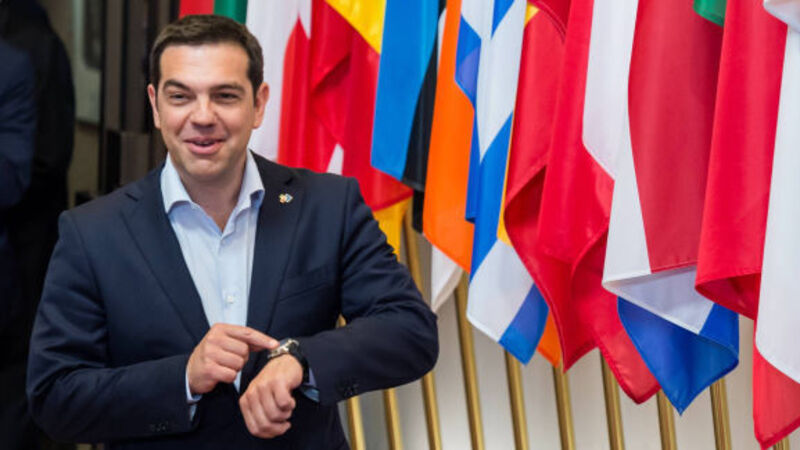ECB maintains €88bn emergency fund for Greek banks

However, the gloves came off in the battle over Greece as the eurogroup made the link between the political situation in the country and a deal on the debt, increasing accusations that EU countries are pushing to oust the Greek government.
After German chancellor Angela Merkel made it clear she would not consider any proposals from Athens until after Monday’s referendum, prime minister Alexis Tsipras made a televised speech to the nation advocated a no vote, saying it would strengthen his hand and allow them keep the euro.
















